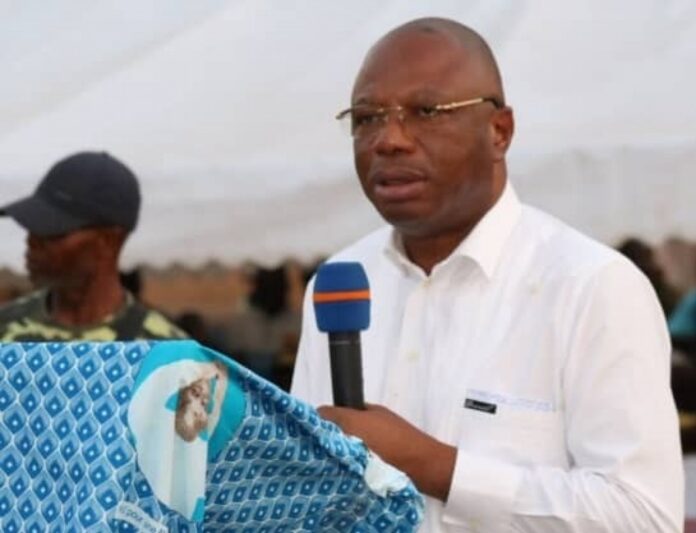Political tensions in Côte d’Ivoire escalated sharply on Tuesday, November 4, 2025, following the arrest of Damana Adia Pickas, Vice-President of the African Peoples’ Party–Côte d’Ivoire (PPA-CI), led by former President Laurent Gbagbo.
Pickas was detained in the Bingerville suburb of Abidjan on charges linked to civil unrest surrounding the October 25 presidential election. His arrest was confirmed in an official communiqué from the Prosecutor of the Republic, who also heads the Anti-Terrorist Section of the Abidjan Court of First Instance.
Allegations of Insurrection and Threats to National Security
According to the communiqué, Pickas is accused of inciting popular insurrection and attempting to destabilize state institutions. The charges stem from his alleged involvement in organizing protests after authorities banned an opposition march on October 11, and during the presidential vote two weeks later.
The Prosecutor cited the emergence of “armed and unarmed gatherings” that allegedly led to Assassinations,Armed robberies and extortion, Destruction of public and private property, Acts of arson and Obstruction of the electoral process
The statement warned that such offenses “will not go unpunished,” emphasizing that all perpetrators—regardless of rank—will be prosecuted under the law.
A Deepening Political Crisis
Pickas’s arrest adds fuel to an already volatile political climate. The PPA-CI has been a leading voice of opposition, especially after several of its candidates were barred from contesting the presidency.
This is not Pickas’s first legal entanglement. In February 2025, he and another party official were sentenced to ten years in prison for “public disorder and incitement to insurrection” tied to unrest ahead of the 2020 elections. The party condemned the ruling as politically motivated.
Opposition Reaction
While an official response to the latest arrest is still pending, the PPA-CI has consistently denounced the detention of its members as “arbitrary” and “abusive,” framing it as part of a broader campaign to suppress dissent ahead of key national votes.
The arrest of such a senior figure on charges of national security violations has raised fresh concerns about Côte d’Ivoire’s democratic trajectory and post-election stability.






















